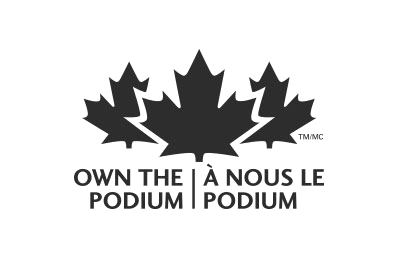Media
Media Guidelines
Tips for reporting on an athlete with a disability

AIM TO:
- Always identify the athlete and sport first, then the disability. Often it is not necessary or relevant to the report to mention the disability.
- Emphasize the ability rather than the limitation. Try to avoid using emotional words that dramatize their lifestyle.
- Portray the athletes as they are in real life. Along with being an athlete, they may also be a parent, a civil engineer, a doctor, etc.
- Act naturally at all times. The athlete will tell you if they require assistance. If in doubt, ask.
THINGS TO AVOID:
- Avoid focusing the whole story on the disability by constantly referring to it. Remember the disability is only one aspect of the athlete’s life so try to keep it in proper perspective without magnifying its importance.
- Avoid portraying an athlete who succeeds as extraordinary or superhuman.
- Avoid using terms like courage or courageous that suggest the athletes are performing a brave feat or facing a fear. Phrases such as “inspirational,” “overcoming obstacles,” “having the courage to keep going” etc. are not only tired cliches, but they also focus on the disability, rather than the athletic accomplishment. It wouldn’t make sense to cover the NBA Championships by focusing exclusively on an athlete’s difficult childhood and it doesn’t make sense to cover the 2010 World Wheelchair Rugby Championships by focusing exclusively on an athlete’s disability.
PREFERRED WORDS & PHRASING
AVOID:
- Disabled (as a noun or adjective) (most people with a disability do not see themselves as disabled, as they are able to accomplish their goals)
- Courage/Courageous
- Handicapped, crippled
- Suffering from, is a victim of, or afflicted with (most people with a disability do not see themselves as afflicted and not all actually suffer; this is an over-used term and often inappropriate)
- Confined to a wheelchair (a wheelchair provides mobility and is not confining)
- Stumps (connotes the person’s limbs were cut like a tree)
- Disease (many disabilities, such as Cerebral Palsy and spinal cord injuries are not caused by illness or disease.)
- Spastic
- Physically challenged
- Normal athlete
- A paraplegic, a quadriplegic
SUGGESTED:
- An athlete with a disability
- Determined, motivated, dedicated
- Person has (name of the disability)
- Person/athlete who uses a wheelchair
- An amputee
- Condition
- Person with Cerebral Palsy
- Able-bodied athlete
- A person with paraplegia, a person with quadriplegia
MEDIA CONTACT
Georgia Rudolph
Communications and Content Coordinator
Wheelchair Rugby Canada
grudolph@wheelchairrugby.ca




